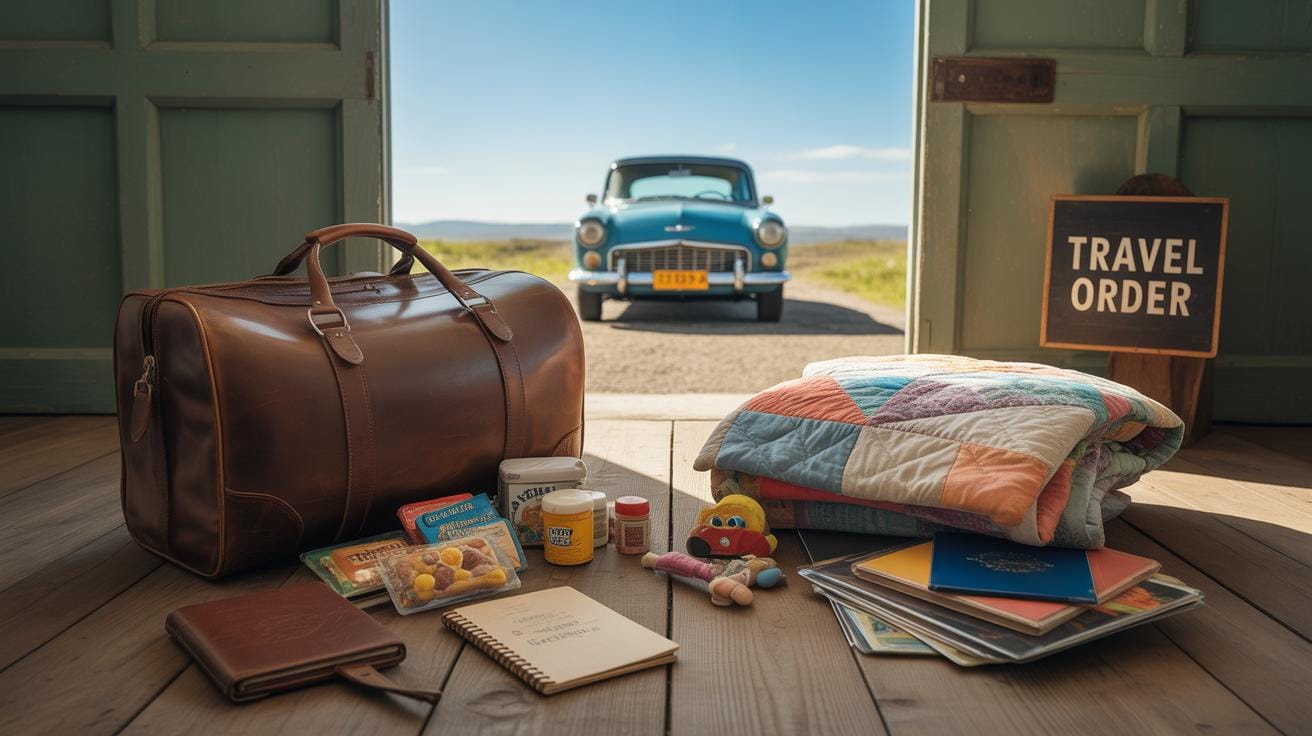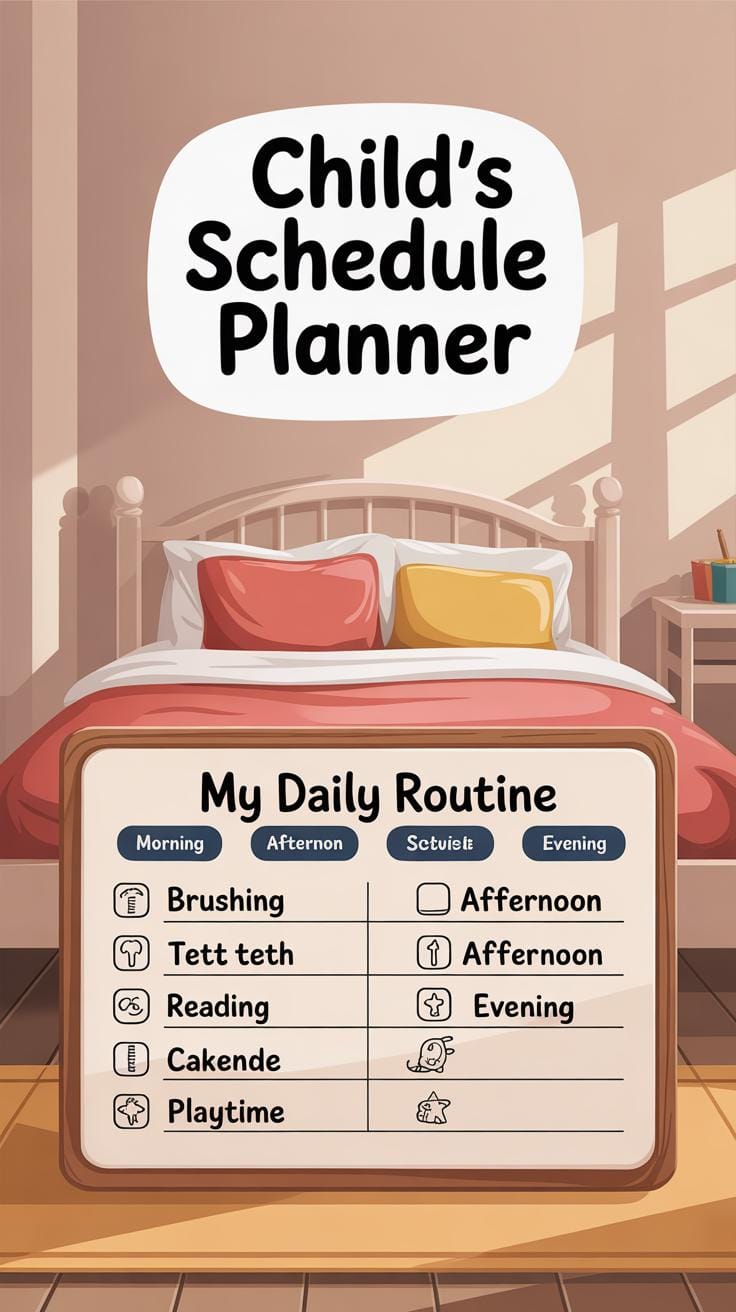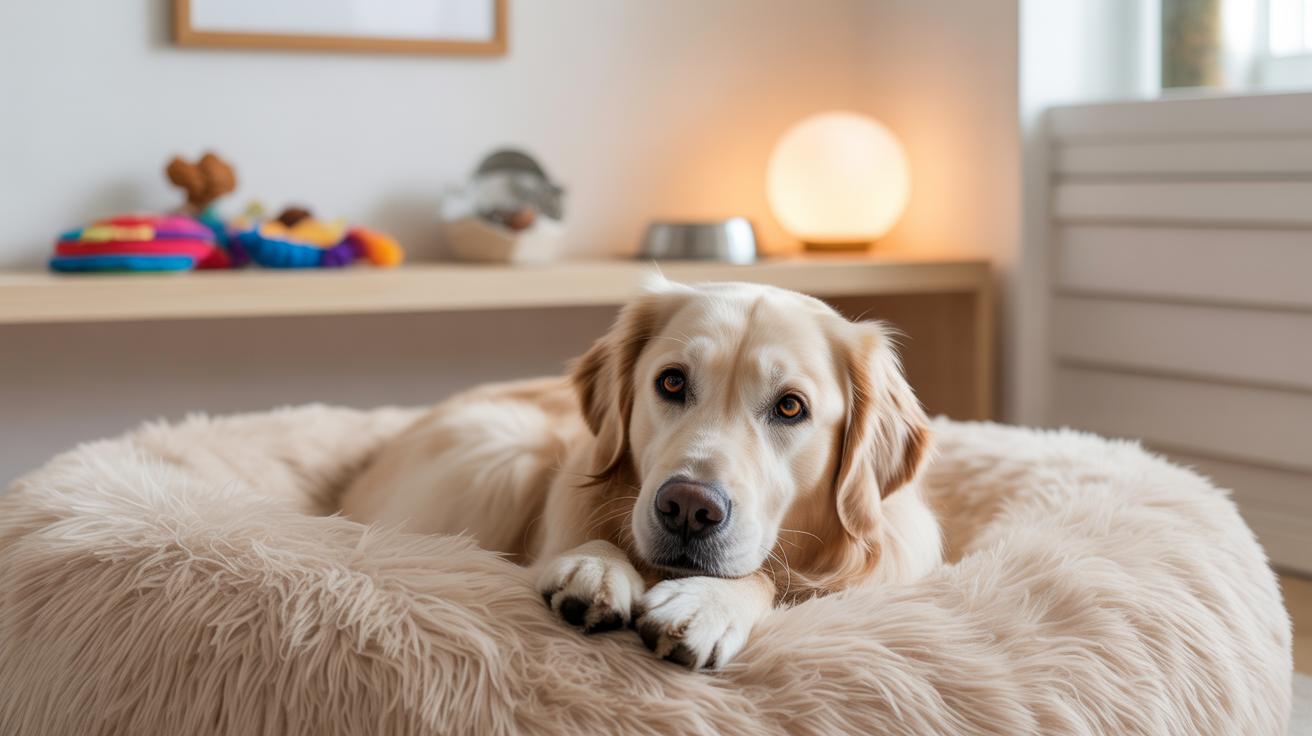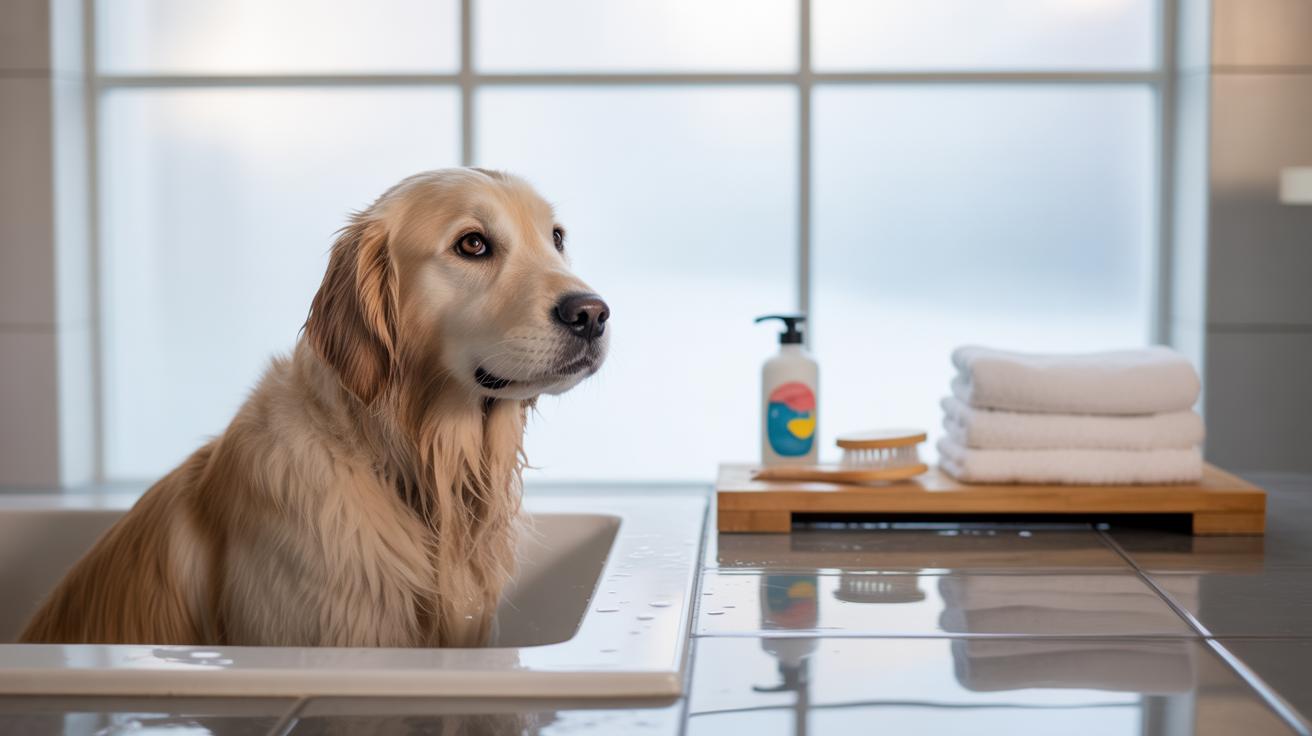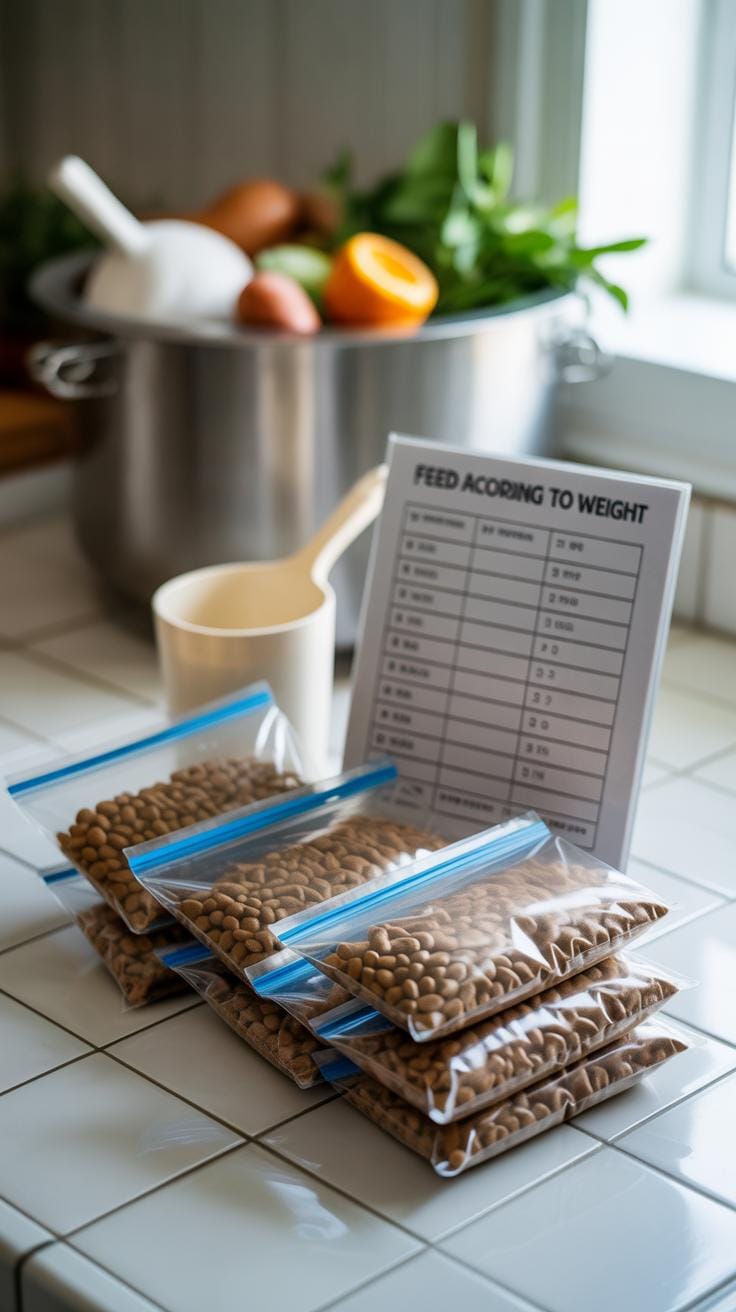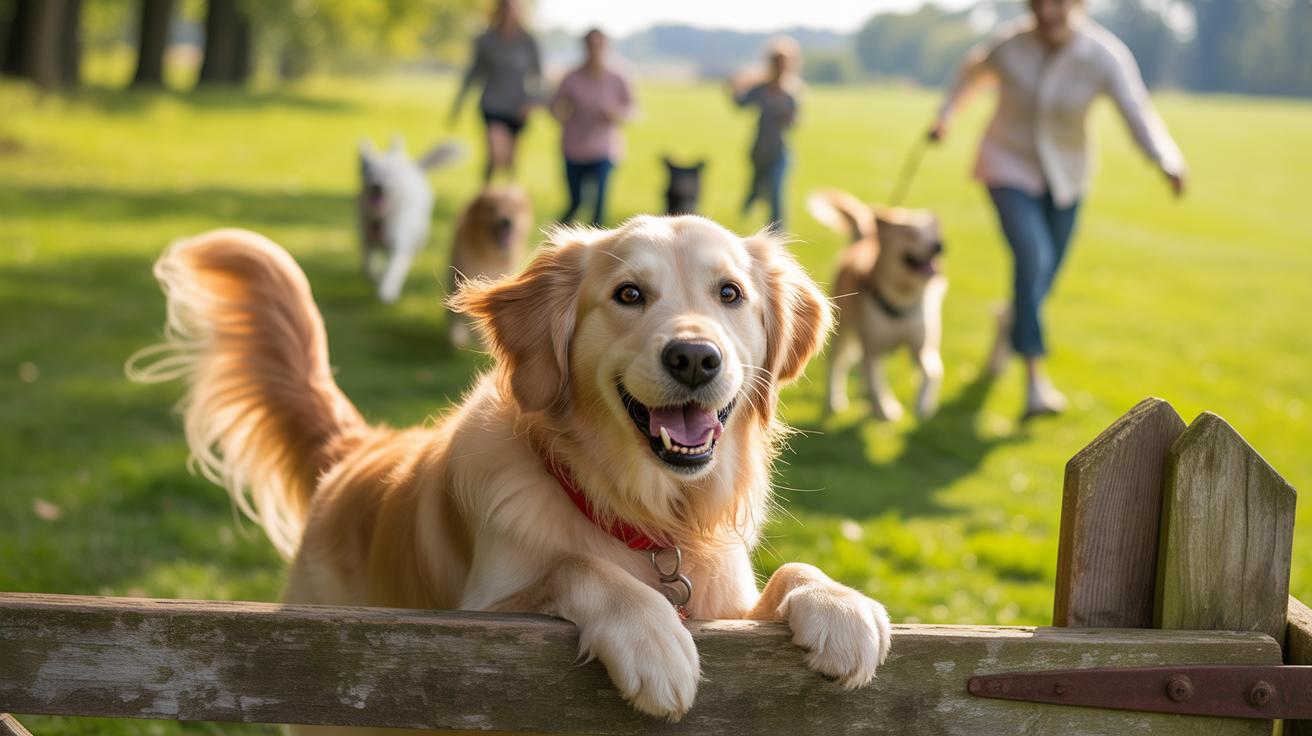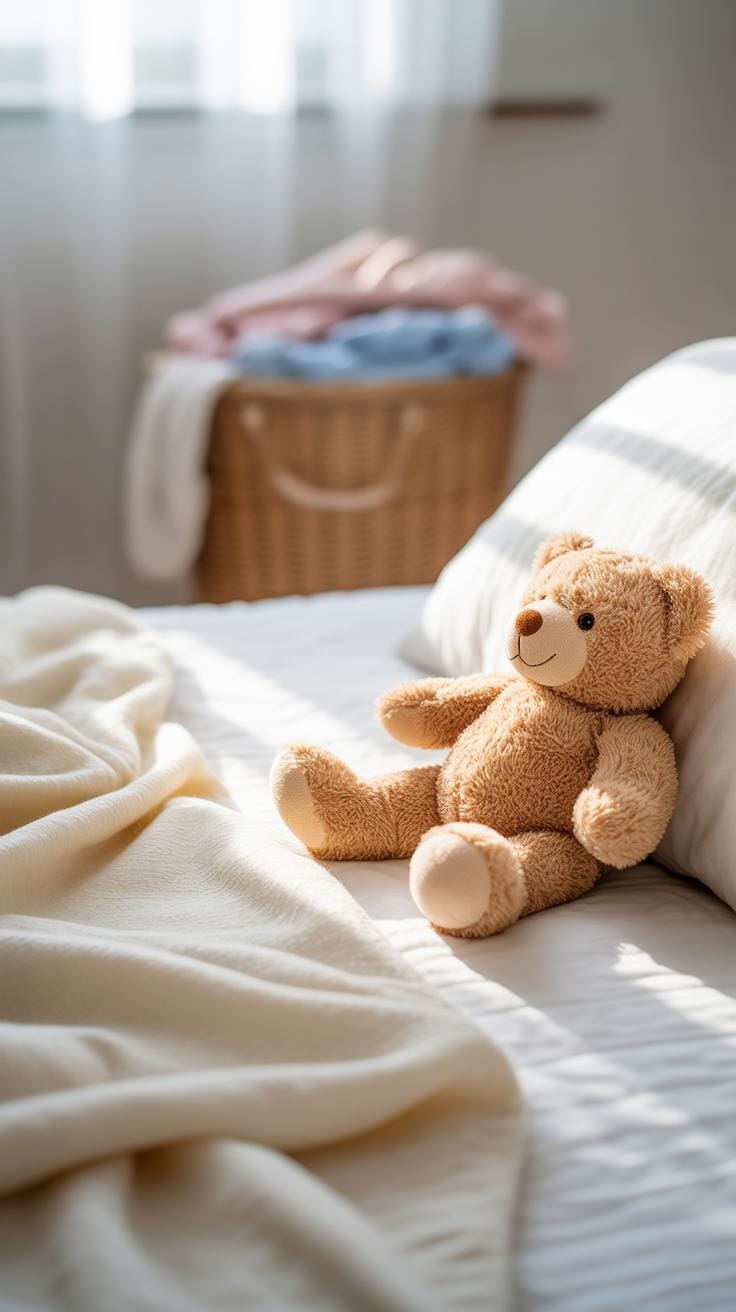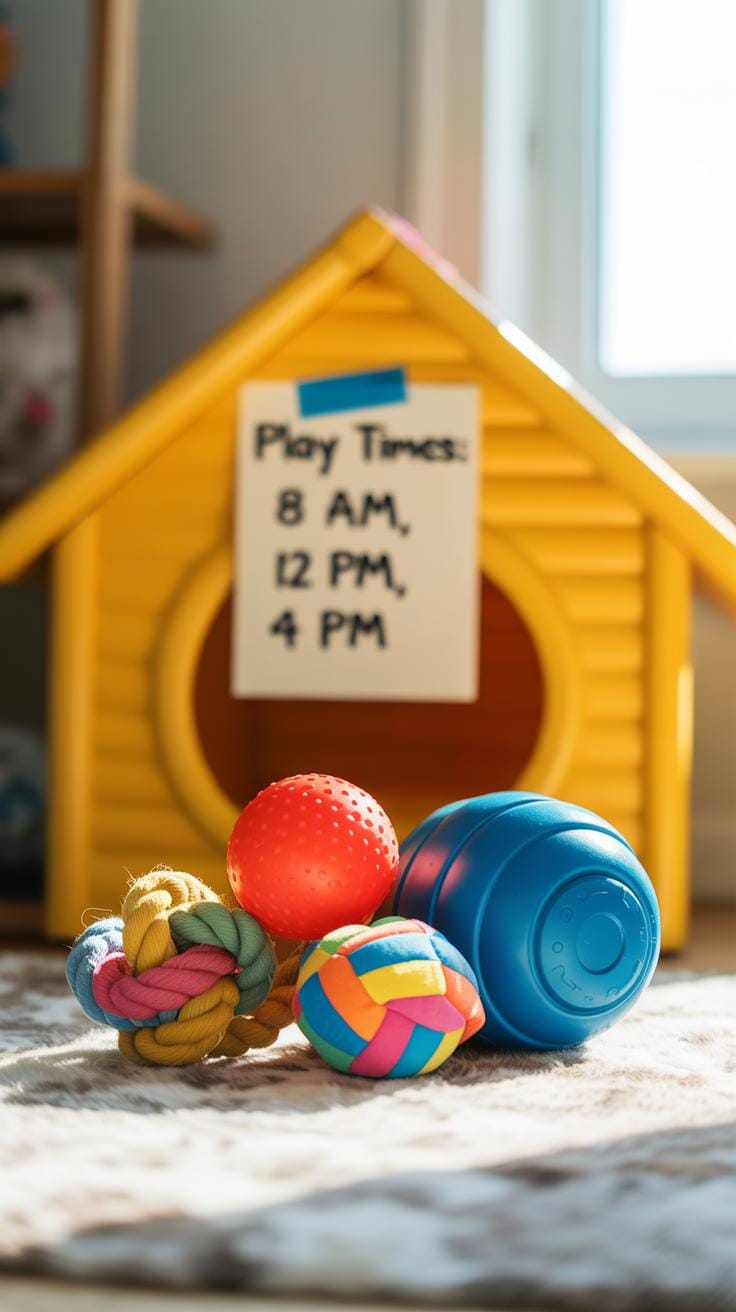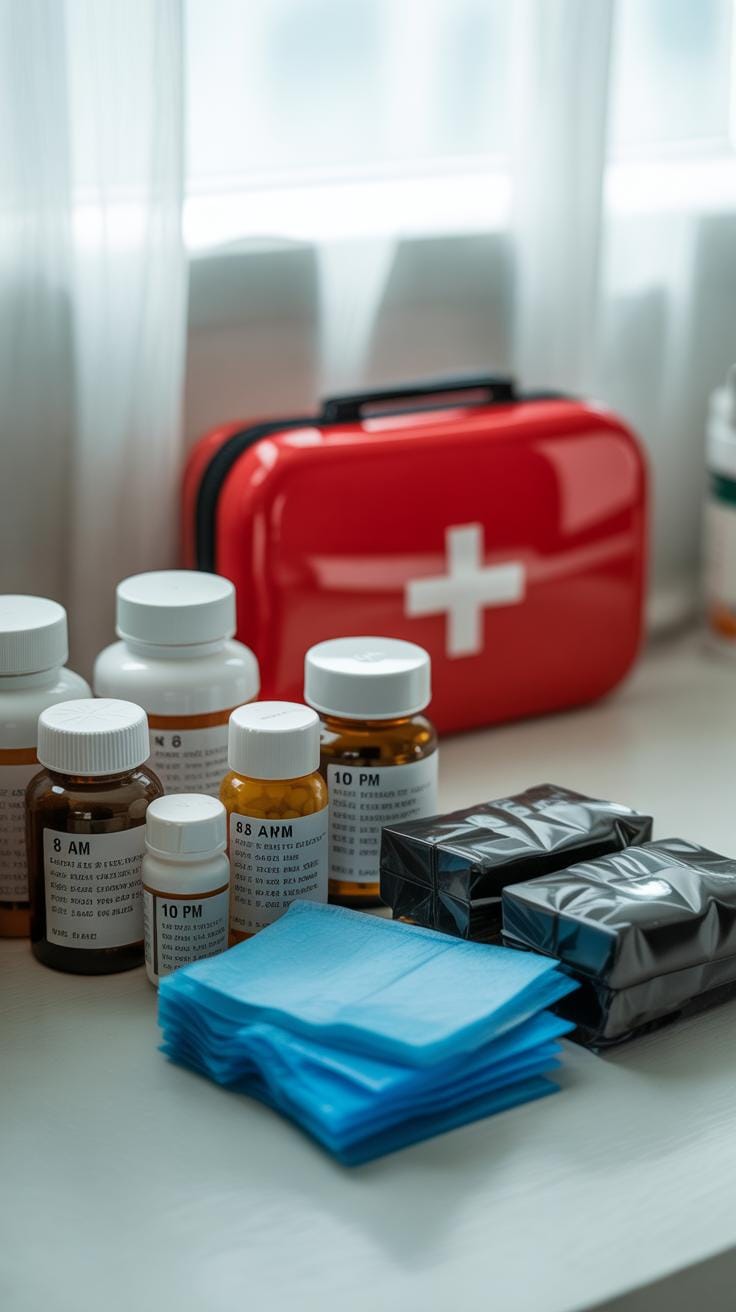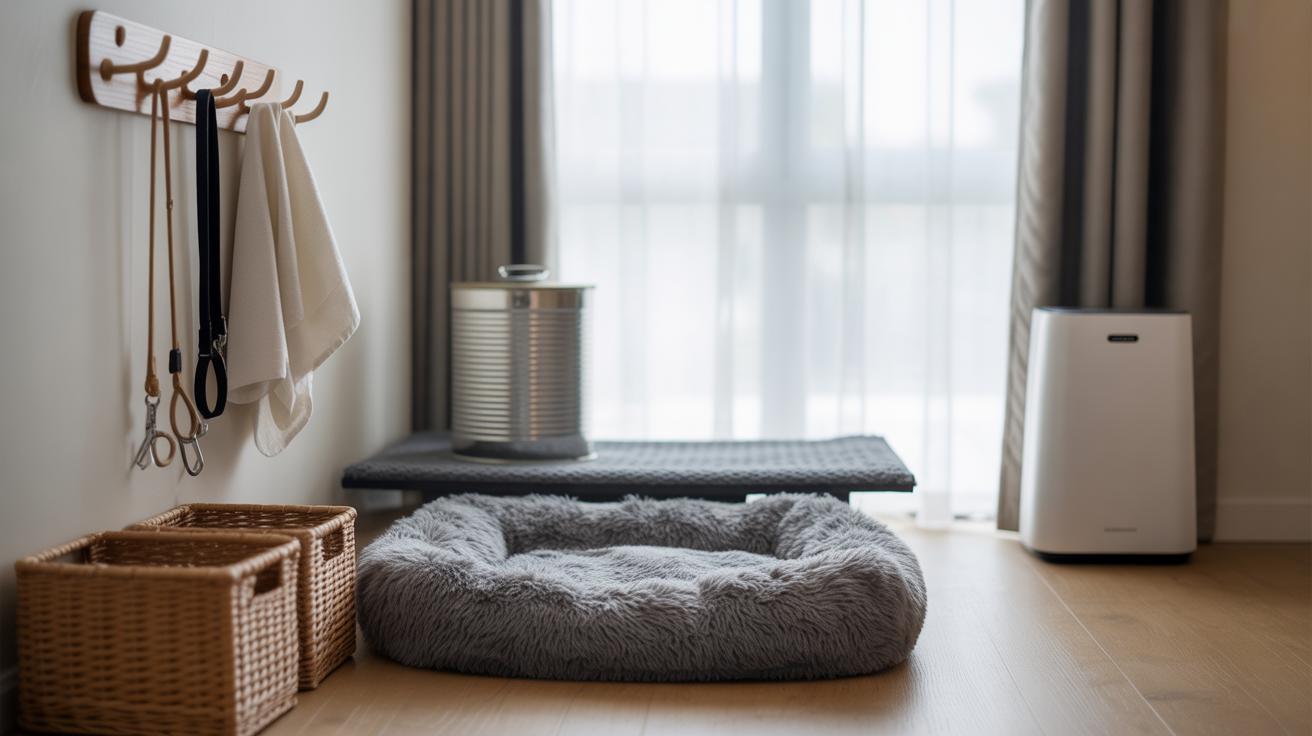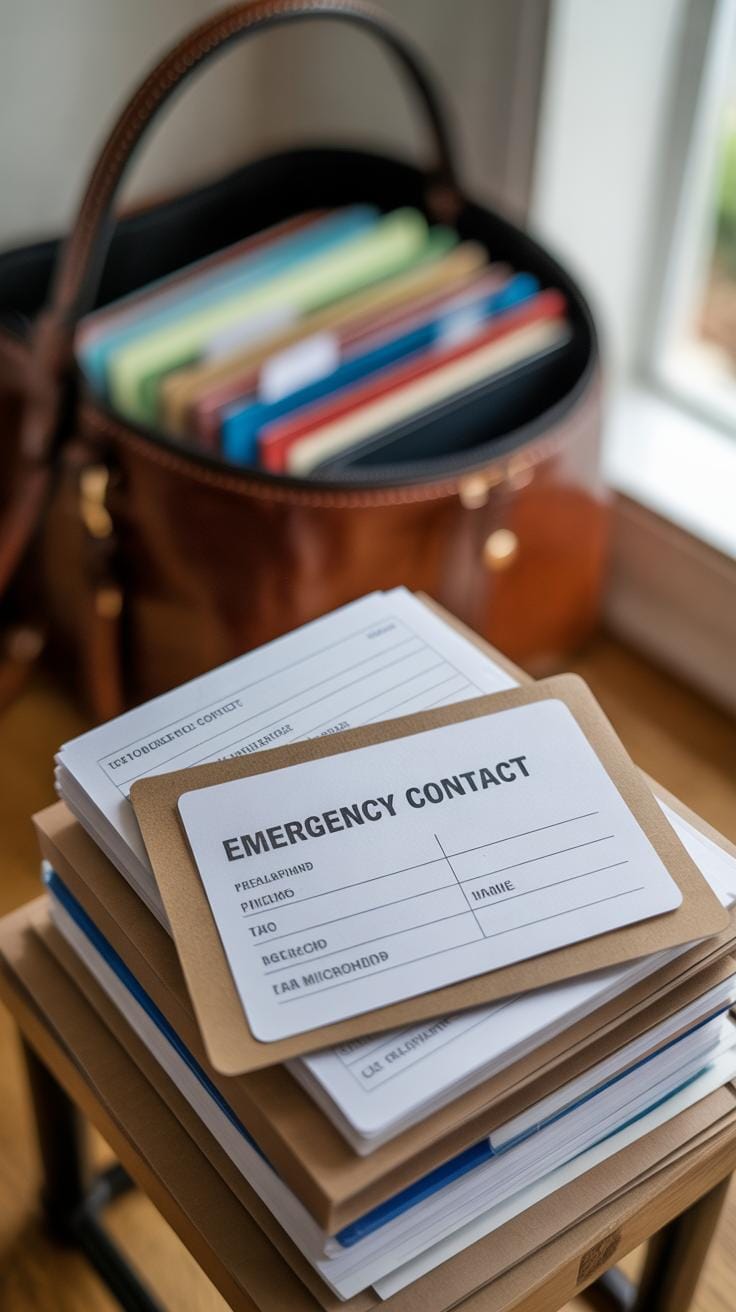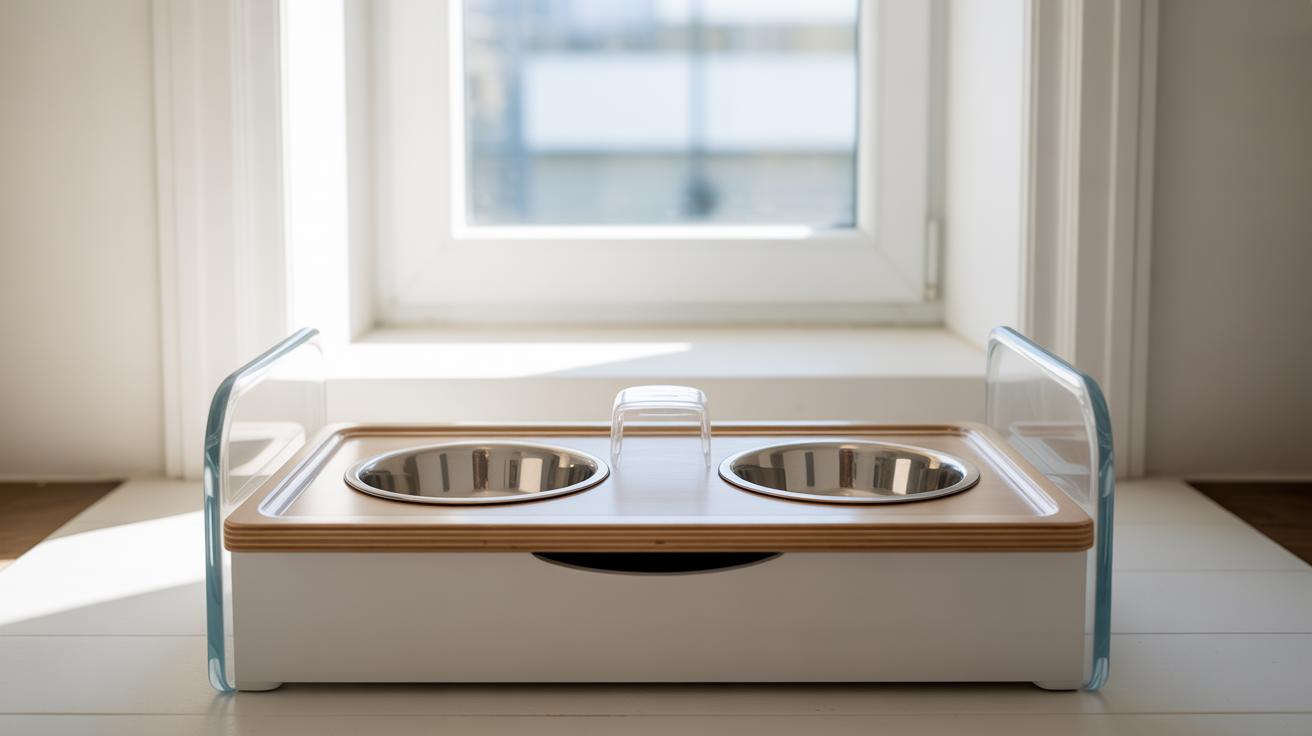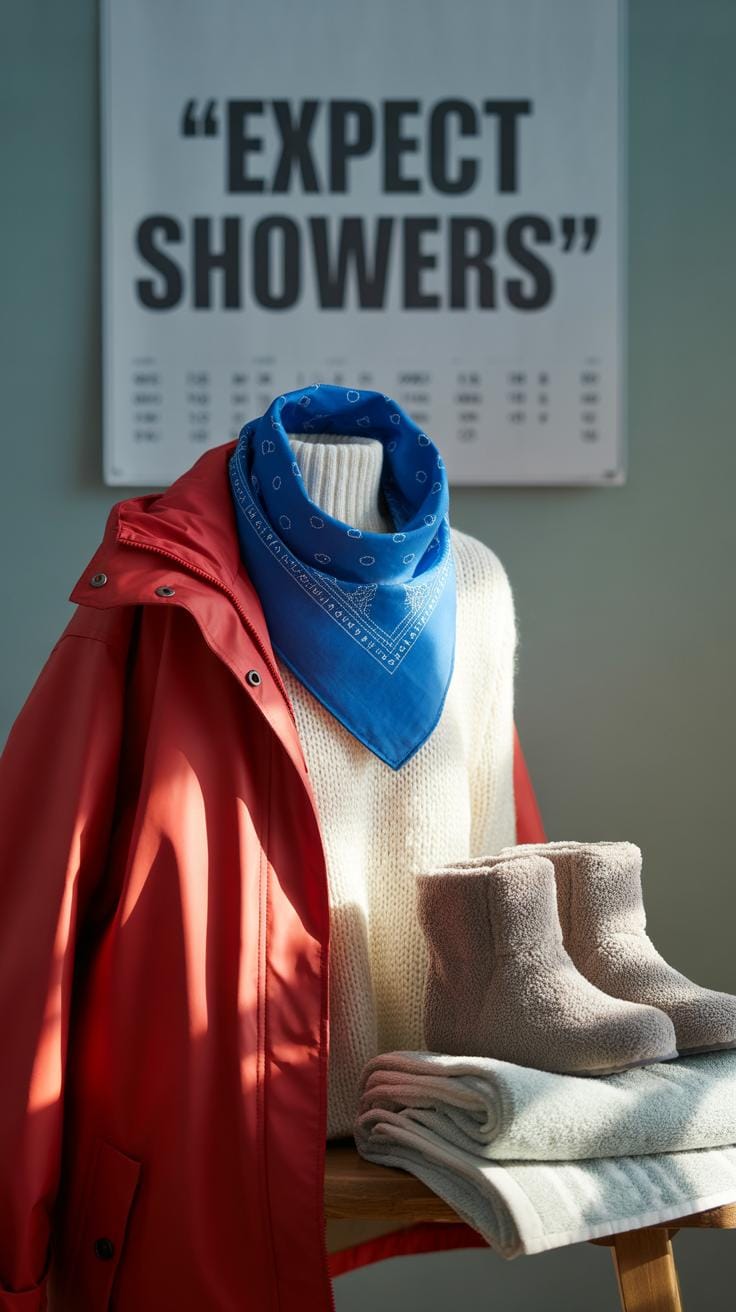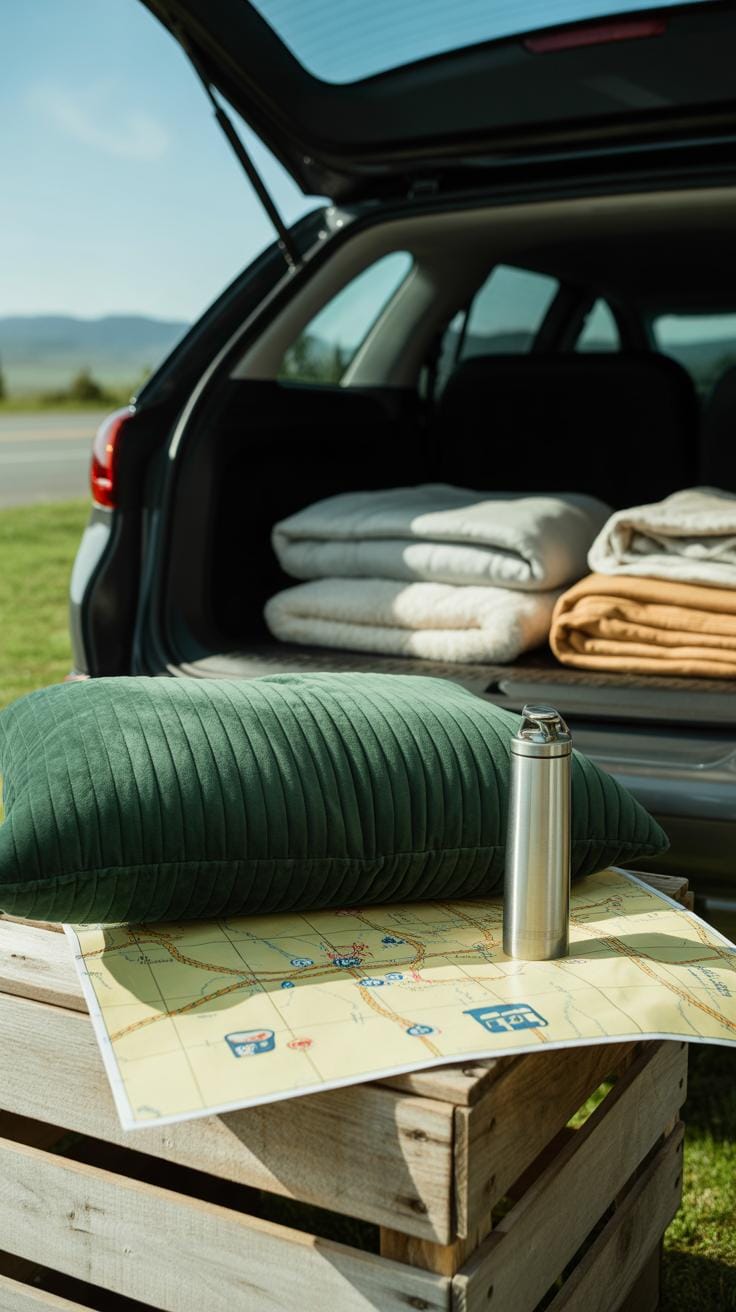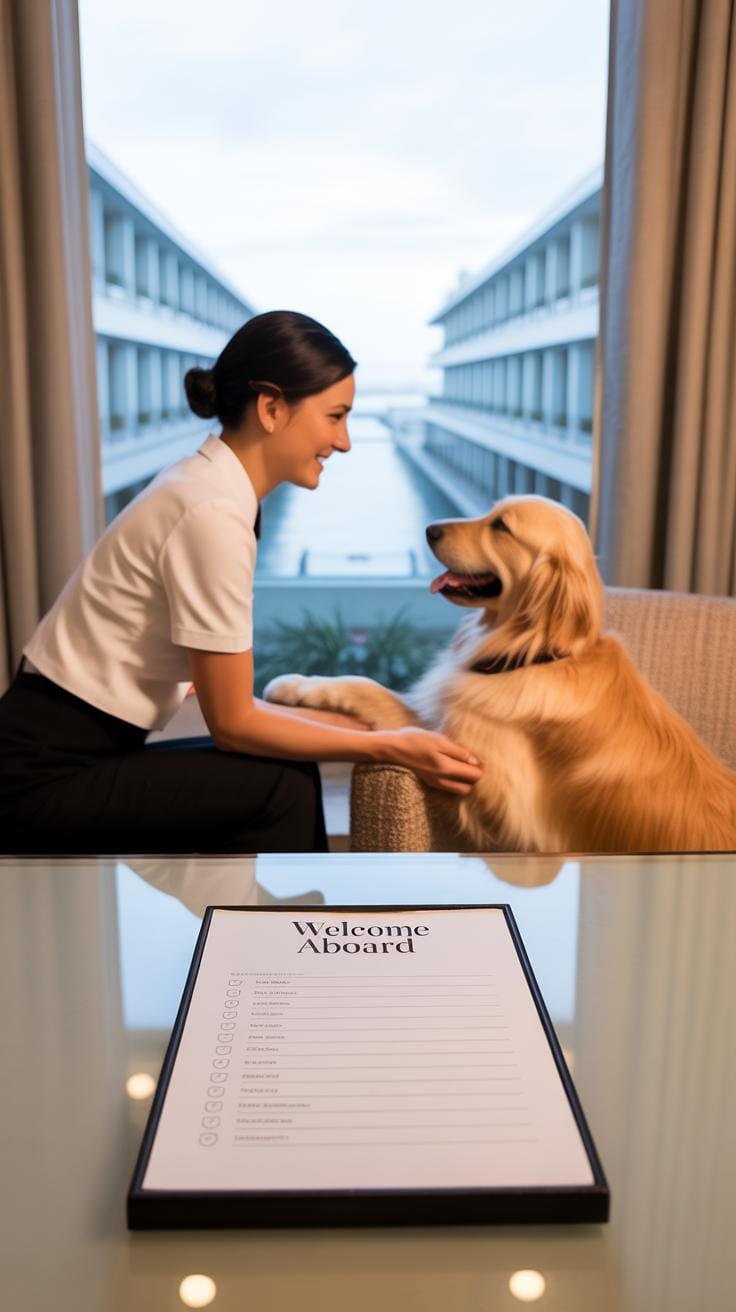Introduction
Leaving your pet in a pet hotel can be worrying, but packing the right items can make the stay comfortable and stress-free for your furry friend. Knowing what to bring helps you feel confident and ensures your pet has everything they need.
This article explores the essential packing list for a pet hotel stay. From comfort items to food and medical needs, read on to prepare properly for your pet’s temporary home away from home.
Understanding Your Pets Needs
Getting a clear picture of your pet’s daily habits can really change how you pack for their stay at a pet hotel. Each pet has unique routines—whether it’s when they like to eat, how often they nap, or what kind of play they enjoy. You might think a kennel just provides food and a bed, but knowing those little details helps avoid surprises that might stress your furry friend.
For example, if your dog prefers eating twice a day or your cat needs a strict quiet time in the afternoon, jotting these down can guide what you bring along and what instructions you leave for the staff. I remember once bringing my border collie who needed a specific chew toy to wind down after walks. Not bringing it made him restless for a while, which could have been avoided.
So, before packing, try to think about:
- When and how your pet likes to eat or drink
- Favorite activities or quiet times
- Any special needs like medication or extra attention
Knowing your pet’s habits isn’t just being thorough—it’s about making that hotel stay feel less like a disruption and more like a smooth part of their routine.
Assessing Dietary Requirements
Feeding your pet the right food while you’re away doesn’t just keep their tummy full, it keeps their system balanced. Pets often have specific dietary needs—whether from allergies, sensitivities, or just preferences—and changing food suddenly can cause upset stomachs or stress. Bringing your pet’s usual food ensures they get what they need with no unnecessary changes.
Feeding instructions matter too. Maybe your pet needs to eat slowly or in small portions throughout the day. Or, they might require supplements mixed with their meals. Leaving clear, precise notes prevents confusion. I once saw pets at a hotel left hungry because the staff misunderstood portion sizes. It’s awkward but avoidable.
So when you pack, make sure to include:
- Enough food for the entire duration plus a bit extra
- Clear, written feeding instructions
- Any necessary bowls or feeding tools
It’s actually kind of simple but the impact is noticeable. Comfort in eating can mean less anxiety overall.
Recognizing Comfort Items
Pets rely on familiar comforts, especially when they’re somewhere new. Bringing along their favorite toys or bedding can make a strange place feel safer. Imagine being somewhere unfamiliar—having a familiar object to hold onto makes a big difference, even if it’s just a scent or texture.
For instance, my cat won’t settle without her soft blanket, which smells like home. It sounds small, but it helps her relax and sleep better. Toys serve as distractions and can reduce nervousness too. Not every hotel will have the same atmosphere or space for play, so these items carry the comfort your pet needs.
Consider packing:
- A favorite toy or two, especially ones your pet uses to self-soothe
- Their usual bedding or blanket
- Anything with your scent that might calm them
These familiar things can transform a strange room into a temporary safe zone. You may wonder if it’s necessary, but I’ve noticed pets become visibly calmer with their comfort items close by.
Choosing the Right Food and Treats
When packing for your pet’s stay at a hotel, bringing their usual food makes a big difference. Pets can be surprisingly sensitive to changes in diet. Even a small switch in brand or flavor might upset their stomach. I once forgot my dog’s regular kibble, and the hotel had to give him something new. He kept refusing it, which only made both of us more anxious. So, sticking with familiar food is really worth the effort.
Keeping their diet consistent helps avoid unexpected allergies or digestive issues while you’re away. If your pet has any food sensitivities, double-check ingredient lists before packing. This avoids those “I think they can eat this” moments that often lead to stress.
Don’t forget to bring treats as well—not just any treats, but ones your pet enjoys and tolerates well. These treats can be powerful tools for encouraging good behavior and easing anxiety. For example, during a previous stay, I used small treats to reward my cat whenever she calmly settled in her carrier. It worked better than I expected. Positive reinforcement through treats can make a hotel stay less daunting and even create positive associations with the new environment.
So, when preparing your pet’s food and treat supply, ask yourself: What keeps them comfortable and happy? What do they respond to best? Bringing those familiar, trusted items can smooth out many bumps in the road.
Selecting Comfortable Bedding and Blankets
Bringing your pet’s familiar bedding to the pet hotel can make a surprisingly big difference in how they settle in. It’s not just about comfort—pets rely heavily on smells and textures to feel safe. When your pet sees or sniffs their own blanket or bed, it’s like a tiny reminder of home. That familiarity can help reduce anxiety and promote better sleep, which is exactly what you want during their stay.
Choosing the right size matters too. The bedding should be large enough for your pet to stretch out comfortably but not so big that it feels lost in the space. For smaller pets, think of beds that offer a bit of enclosure, like bolster edges to lean against. Materials also play a role—soft fabrics like cotton or fleece usually work well, especially since they’re breathable and easy to wash. Avoid anything too stiff or rough; your pet might outright ignore it.
Items carrying your scent—or even your pet’s own scent—can have calming effects, too. A worn shirt or a small blanket you’ve used might sound odd, but pets pick up on those familiar smells and find comfort in them. Some people notice their pet relax almost immediately after having something scented from home to snuggle with. Of course, it’s not a guarantee for every animal, but it’s worth trying, especially if your pet tends to feel uneasy in new places.
Packing Toys and Entertainment
Toys do more than just pass the time—they can really help your pet feel at ease during their stay. When pets have familiar items to play with, it distracts them from the new environment and prevents boredom. Mental stimulation plays a huge role here. Often, a tired mind means a calmer pet, which certainly makes the stay smoother for everyone involved.
Choosing toys isn’t always straightforward. Think about your pet’s size and chewing habits before you pack anything. A toy that’s fine for a gentle chewer can become a choking hazard for a more aggressive one. I remember once bringing a soft plush toy for my dog, and she immediately tore it apart. Not the best choice, right? It’s safer to pick sturdy toys for strong chewers and perhaps softer ones for those who like to cuddle more.
Interactive toys can be a game changer. Puzzle feeders, treat-dispensing balls, or activity mats keep your pet busy and engaged. Sometimes your pet might get frustrated with a toy—but it’s also a great challenge to keep their brain active. You might find your pet surprisingly clever at solving these puzzles, or maybe, like some pets, they just prefer simpler toys. Either way, having at least one interactive toy can really break the monotony of the hotel setting.
Bringing Medical and Hygiene Supplies
When packing for your pet’s stay at a hotel, don’t overlook medical and hygiene essentials. These items keep your pet healthy and comfortable, and they make life easier for both you and the staff. You might think the hotel will have everything covered, but bringing your own supplies can prevent mix-ups and stress.
Medications and Health Records
If your pet takes medication, pack enough for the whole stay. Include clear instructions—dosage, times, and any special notes. It’s better to be precise. You could write it down or label the bottles yourself. Also, bring recent health records, especially vaccination documents. Most facilities ask for these, but having them handy avoids last-minute scrambles. I once forgot to bring the paperwork, and it was a bit of a hassle. So, just keep it simple and accessible.
Grooming and Cleaning Supplies
A brush suited to your pet’s coat can help keep them feeling good during their stay. It’s not just about looks; grooming reduces itchiness and discomfort. Pack a few towels, perhaps one or two, because drying after baths or rainy walks might come up. Cleaning wipes are great for quick touch-ups—paw wipes or gentle face wipes can work wonders. These little things can make a noticeable difference, especially if your pet tends to get messy or anxious about unfamiliar environments.
Preparing Documents and Contact Information
When preparing for your pet’s stay at a pet hotel, bringing the right documents can make all the difference. Staff rely on these papers not just for routine care, but in case the unexpected happens. So it’s more than just paperwork; it’s about ensuring your pet’s safety beyond your presence.
Proof of vaccinations is usually a must. Why? Because pet hotels want to keep all animals healthy and safe, so they require recent vaccination and health certificates. These documents show your pet is protected against common diseases that could spread quickly in that environment. Sometimes I’ve seen places request them weeks before check-in, so double-check their rules well ahead of time.
Then, there’s emergency contact information. You might think the hotel only needs your number, but don’t forget the vet’s details, too. Staff need quick access to someone who knows your pet’s medical history, especially if special care is necessary during your absence. I’ve always kept a printed copy handy alongside a digital backup, just in case phones die or get lost.
To make this easier, prepare a simple sheet listing:
- Your phone numbers (day and night)
- Veterinarian’s name and contact info
- Any alternative emergency contacts
This way, the hotel team has everything ready, which avoids stressful phone calls or delays. It might sound a bit much, but trust me, you’ll appreciate having that information accessible if a situation arises.
Packing for Different Weather Conditions
When you’re preparing your pet’s stay at the hotel, the weather plays a surprisingly big role in what you should bring along. It’s easy to overlook, but the right gear can make your pet’s experience much more comfortable. Think about how you’d feel spending a few days in strange surroundings—you’d want some familiar comfort, right? Your pet probably does too.
Cold Weather Essentials
If the weather is cold during your pet’s stay, packing just the usual things might not cut it. Bring warm clothing like sweaters or little jackets, especially if your pet doesn’t have a thick coat naturally. You might think the hotel provides these, but not always. Extra blankets or a cozy bed cover can help too. They’re perfect for those chilly nights or drafty rooms. Sometimes, even a small heating pad can make a difference, but ask the hotel first if they’re okay with that.
Also, don’t forget paw protection. Snow and ice can be harsh on paws, so consider booties or paw balm if your pet will get outside much. In my experience, just a few days of cold can make a dog hesitant to walk without something warm on their feet.
Hot Weather Care
For hot weather, your packing list shifts. Cooling mats have become quite popular; they really help pets stay cool when temperatures rise. They’re light and easy to pack—worth trying if your pet ever seems restless or uncomfortable in heat. A sturdy water bottle or portable water bowls are crucial too. Many pets might not drink enough water when away from home, and it’s on you to help with that.
Sun protection crosses my mind as well. Pets with thin or light-colored coats can sunburn, just like us. Some hotels might have shaded areas, but if not, bringing a pet-safe sunscreen or a sunshade for their crate can be helpful. You might wonder whether these extras are necessary—it often depends on your pet’s tolerance, but better to have them and not need them, right?
So, weather really changes what you pack, and being thoughtful about it can make your pet’s stay less stressful and more comfortable.
Planning for Travel to the Pet Hotel
Getting your pet ready for the trip to the pet hotel can feel a bit overwhelming, but a little preparation goes a long way. Before you even think about the stay, consider how your pet handles travel. Do they get nervous or restless? Knowing this helps you choose the right gear and comfort items to ease their journey.
Safe Transport Equipment
Carriers, harnesses, and seat belts aren’t just convenient—they’re essential for safety. A sturdy carrier keeps small pets secure and helps limit stress by creating a cozy, confined space. For dogs especially, a well-fitted harness paired with a seat belt can prevent sudden movements if the car stops abruptly. I once witnessed a dog wriggling free from a collar in the backseat—an avoidable scare that could have been dangerous.
Think about your pet’s size and behavior when picking transport gear. If you have a more anxious animal, a carrier with good ventilation and a see-through top might soothe them—or it might stress them out more, so observe what works. Will your pet settle better in a crate or with a harness? Try different options before trip day.
Travel Comfort Items
Bringing familiar things can make a noticeable difference. A favorite toy, a worn blanket, or even a small clothing item with your scent offers that little anchor of home during the ride. I’ve noticed pets clutching a soft toy silently; it’s almost like a security blanket for them, though not every pet reacts the same way.
Consider packing:
- Your pet’s usual blanket or bed cushion to line their carrier or hotel crate.
- A couple of favorite toys, maybe one chew toy and one soft one.
- A piece of your worn clothing to comfort anxious pets with your scent.
- Familiar treats to keep them calm, despite the possible restrictions during travel.
Would your pet calm down with a familiar smell or plaything? It’s worth experimenting beforehand. The ride can be rough enough without tossing in unfamiliar surroundings and noises. Attention to these small details may turn a stressful trip into a smoother experience for you both.
Checking In and Communicating with Staff
When you arrive at the pet hotel, the first impression often sets the tone for your pet’s entire stay. Take your time during check-in—this isn’t just a quick formality. Use the opportunity to talk through your pet’s habits, quirks, and needs with the staff. It’s easy to think the basics are enough, but sometimes little details can make a big difference.
Bring along written notes or a checklist about your pet’s feeding schedule, any medications, and behavioral tendencies. For example, if your dog tends to get anxious during mealtime or your cat hides when meeting new people, say so. Clear instructions help avoid confusion and prevent mistakes. I’ve seen pets miss doses or get stressed because staff didn’t know those small but critical facts.
Don’t hesitate to ask questions while you’re there. What does their typical day look like? When do they play or take walks? Are there set times for naps or quiet that your pet would benefit from? Also, inquire about emergency protocols—how will they handle something unexpected, like a sudden illness or injury? You might feel a bit awkward asking, but knowing what to expect can ease your mind.
Remember, good communication flows both ways. Watch how staff respond to your questions. If they seem rushed or vague, maybe dig a bit deeper. Your pet’s comfort and safety depend on this initial conversation, so it pays off to be thorough—even if you think you’re being overly cautious.
Conclusions
Bringing your pet’s favorite belongings along helps them feel secure and cared for in a new environment. Proper planning also prevents last-minute stress and forgotten items.
Use the packing list and tips throughout this article to get ready for your pet hotel visit. Happy packing and best wishes for your pet’s enjoyable, safe stay.

